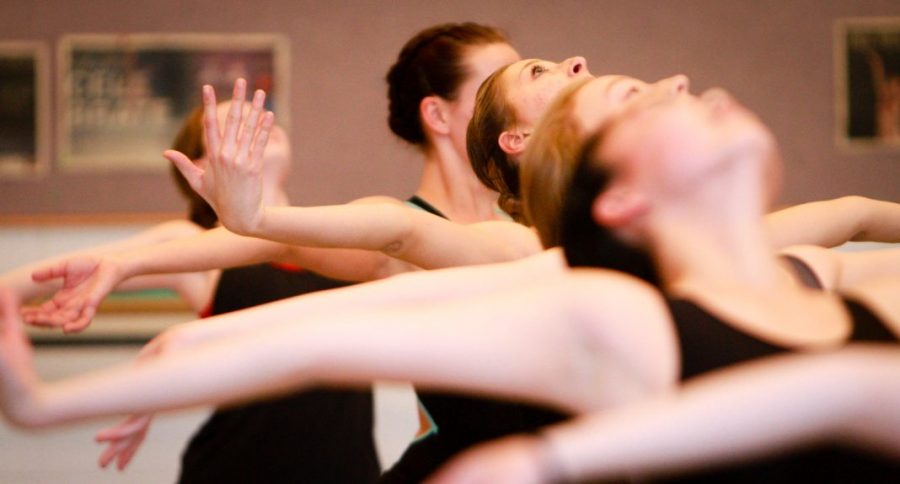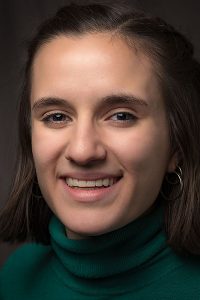I commonly hear my friends, who are acting majors, describe their college degree as a “degree in auditioning.” Nothing could be closer to the truth. As a performing arts student, one of the most important things that education can give to an aspiring actor are the tools to audition well. Honestly, the number of auditions the average acting graduate is going to attend in order to land a single professional gig can be both overwhelming and discouraging. By continuing to work hard, an actor can improve skills and learn how to audition well. Even so, what types of discrimination can occur in audition processes?
I am not talking about deficient skill level or experience eliminating an actor from a selection. If an actor is having problems along those lines, they can work harder. I mean to discuss how aspects of ourselves that we can’t control — such as race, gender, height or weight — can impact the audition process more than one might realize. Granted, when characters in productions are clearly described in the story to look a particular way, these aspects do matter.
In an effort to find examples of casting discrimination, I interviewed Maggie Wright Tesch, an Associate Professor Lecturer with the University of Utah ballet program. Tesch started the interview confirming that “there’s definitely a bias in auditions.” She discussed how, especially in the ballet world, attributes such as height for partnering can affect a woman’s chances of being cast in a production. With few men in the performing arts world, landing a part as a female can depend upon the male artists available.
Tesch also shared that at one point she had been cast as Sleeping Beauty in one production for so long, she later asked to instead dance another part as the Lilac Fairy. Most directors go into audition processes with pictures in their minds of how they want their show to run. In Tesch’s case, she just wasn’t tall enough to play the character of the Lilac Fairy. This was no reflection upon her technique or anything that she could control. She merely didn’t have the physical stature that the director believed the role needed.
Tesch also reflected on race in regards to ballet audition processes. She shared how in the past, “skin color has played a role” in most of the ballet world. But in more recent times, she said, many professionals in the field are working to “tear down the barrier.” Unfortunately, there are still people who believe that the role of Clara in “The Nutcracker” must always be played by a small caucasian girl or that casting actors of different races in a character’s family in ballet will confuse the audience. Are such casting choices really catastrophes? Physical differences shouldn’t affect whether a talented individual has the chance to be cast in a show. Talent is talent.
Christopher DuVal, head of the Actor Training Program and Associate Professor at the U, also commented on what many casting directors in the professional world have in their heads when they go into an audition. These conversations were solely based on his own experiences in the professional performing arts world and do not have any association with the University of Utah ATP. DuVal explained that even if directors go into an audition process with preconceived notions of casting, more often than not they will “get surprised at auditions and will change their mind.” As artists entering the audition room, this is an assuring thought that lets us know times are changing. As DuVal said, “more often than not, directors and casting directors want to stay open.” The idea of discrimination in casting is a relevant topic in our current culture, but Tesch and DuVal would both agree that the world has changed and is continuing to change when it comes to equality and diversity in casting.
Through personal experience, I have come to a realization about acting. Discrimination exists on all levels, but depending on the story that an artist is sharing, it has to be done on some level. Sometimes an actor just is not meant for a part. But ignoring race, height, gender and more, when such discrimination is needless, will end up offering viewers with the best performers to watch. The questions that actors, producers and audiences should be asking when casting occurs are these: is the casting choice going to detract from the story or confuse the viewer? Is this the best person for the part? Does the story still hold its integrity?



